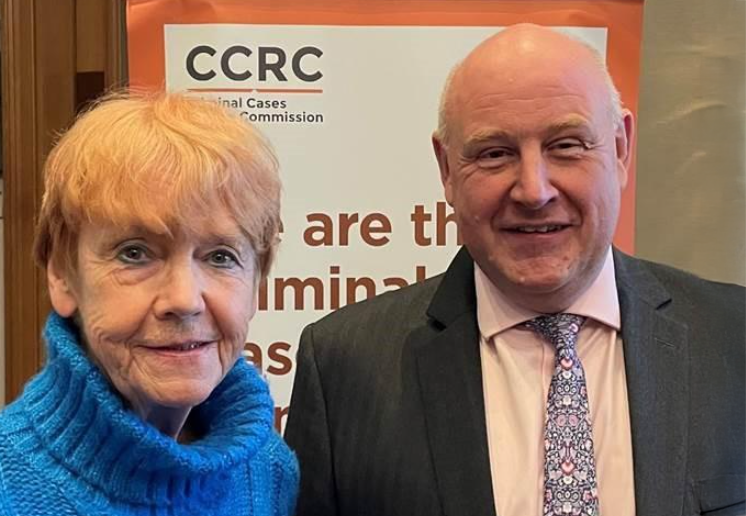An inspector calls
Criminal Cases Review Commission wants its casework marked
The much-criticised body that investigates suspected miscarriages of justice in England, Wales and Northern Ireland has commissioned an independent review of its casework. It’s thought to be the first time the Criminal Cases Review Commission has called in external inspectors since it started work in 1997.

Dame Vera Baird KC, the former government law officer who was appointed interim chair of the commission in June, has asked Anthony Rogers, chief inspector of the Crown Prosecution Service inspectorate, to carry out the review. Although the inspectorate has a statutory duty to inspect the Crown Prosecution Service and the Serious Fraud Office, it can inspect other organisations if invited to do so.
Baird said this week:
It is important that all our stakeholders, Westminster, the public and particularly our applicants and potential applicants, can have confidence in the work we do. We know that we need the assurance of an inspection to prove that point or to make clear that we still have improvements to make.
I am very pleased that I have been able to engage the experienced HMCPSI, who do a range of inspections by invitation and have wide experience of casework systems. This step should help to reassure everyone that we will strive to deliver the highest standards.
The introduction of an HMCPSI inspection goes some way towards showing that we intend to be transparent, open to learning and ready to engage with partners. Our mission and sole purpose is to root out miscarriages of justice and we intend to do it well.
Rogers added:
Independent inspection is vital for driving performance improvements and delivering real benefits. I welcome this opportunity to work closely with the CCRC and help strengthen their processes and ensure they fulfil their crucial mission of identifying and correcting miscarriages of justice.
Comment
Although the inspectorate usually examines casework at the outset of the criminal justice process, it should have no difficulty in dealing with cases at other end of their journey. But, given the damning criticism of the commission from the Commons justice committee in May, Rogers and his team of inspectors cannot be confident that they will find its case files in good order.
A refreshing aspect of the commission’s announcement is that the inspection was outlined by Baird and Rogers at a “staff day” last Friday, when investigators questioned Rogers and his deputy.
The idea that everyone who works for a relatively small desk-based organisation should meet one another at the office from time to time would seem unremarkable in most walks of life. But until Baird arrived at the commission in the summer and the former chief executive Karen Kneller left, it was unheard of.

